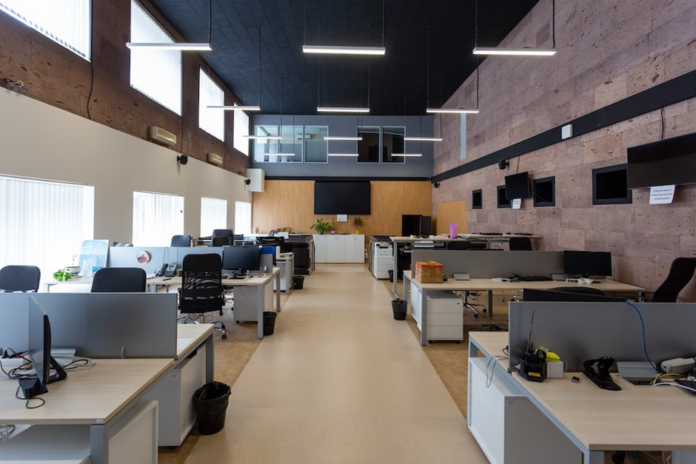
Finding an office space for your small business can prove daunting. Unlike most purchases and decisions that can be resolved with Google search, you shouldn’t rush to what’s displayed online. Nonetheless, office space is among the crucial business decisions that small business owners can make. However, with various commercial properties available on the market and bewildering lease agreements, most small business owners can’t make the right choice.
Office space is worth more than the four walls and ceiling. It is a space for business growth, networking, and collaboration. You should enlist the help of tenant representation brokers, such as Jeff Tabor Group to help you find the right space. Below are a few tips for finding the right office space for your small business.
1. Identify key office space requirements
The first step to finding the best office is identifying key requirements for your office space. While you should begin with initial criteria, keep in mind that office space needs to change with time. However, creating this list helps eliminate some available office spaces on the market. You should share your search criteria with brokers, business stakeholders, and employees.
Begin by listing the basics, such as location, size or square footage, and lease terms. You should then advance to must-haves, such as bathrooms and parking, and nice-to-have features. Below are key office space requirements to include in your search criteria:
Location
You should consider the following factors when determining the ideal location for your new office:
- Proximity to clients and important events – While this isn’t necessary for some businesses, companies that rely on foot traffic from clients should consider client proximity.
- Employees’ commute – Employees play a crucial role in business success. You should prioritize their ease of commute when searching for a new office space. The ease at which employees access office premises significantly affects their happiness and performance. While you can’t please or accommodate all employees, you should gauge their receptiveness to the new suggested location. If your current office is a good spot for most employees, find an office nearby to avoid interrupting their routine.
- Influence on company culture – The location of your office also informs and shapes company culture. This starts from neighborhood character, which is primarily defined by other businesses in the residence and architectural identity. For instance, your employees will attend classes and relevant events if the neighborhood has professional development opportunities.
- Cost – Your budget plays a role in choosing the ideal location for your business space. Most commercial spaces are priced annually in dollars per square foot. With the help of a space calculator, you can calculate how much space your business needs and budget accordingly.
What is the ideal workplace for your business?
There are no universal office spaces. You should determine the best office space layout for your business needs. For this, consider the following:
- Does your business require privacy? If most daily business operations require confidentiality, consider enclosed office settings with private offices over shared spaces.
- How big is your business? Small businesses with few employees should consider coworking office spaces. However, you should consider your business growth and needs in the near future.
- Do you prefer open office plans or an office with cubicles? Open-office layouts are a trend that saves on construction expenses. However, avoid open office layouts if you want an office with minimal distractions or if some business tasks require maximum privacy.
Move-in timeline
Your move-in timeline is also an important requirement. For this, determine if you can readily move into the office space or need months to find the right space. A tenant broker can help you find an office space that falls within your move-in timelines. As a rule, finding a perfect office space takes between three and nine months.
2. Tour the office space
Having shortlisted several potential office spaces, you should plan a tour with your listing agent. You should research the commercial buildings’ history and take note of advertised features/amenities before arriving. Touring the buildings presents an opportunity to evaluate the buildings’ general condition and surrounding area.
The surrounding area affects company culture. It also gives visiting clients some impression. Take note of specific features, such as the buildings’ security, natural lighting, access to transport facilities, views, heating and cooling facilities, and more.
3. Negotiate the lease
You should start negotiating the lease agreement if the office space meets your requirements. Unfortunately, negotiating a commercial lease is more complicated than a residential lease. A tenant representation broker can help you navigate some complicated legal aspects of the lease. The focus of negotiating the lease is splitting the buildings’ operational costs between the landlord and the tenant. Most lease agreements pass the entire cost to tenants, which isn’t fair.
Endnote
Finding a commercial office space for your small business is certainly tasking. Besides identifying an office space that meets business requirements, business owners should also learn to negotiate lease agreements. It is also time-consuming, which eats into the time spent on business activities. For these and other reasons, working with a tenant representation broker is prudent.











